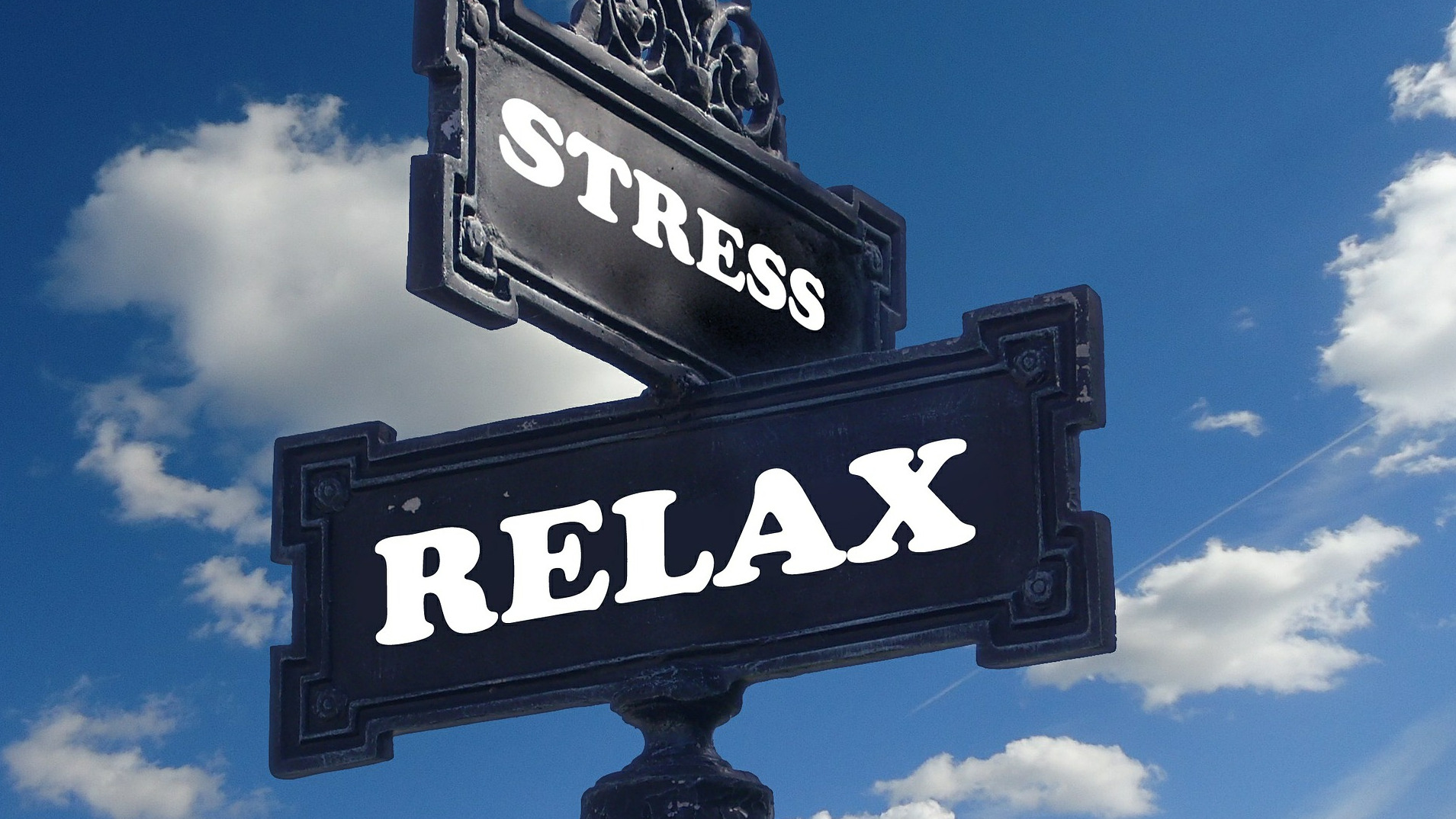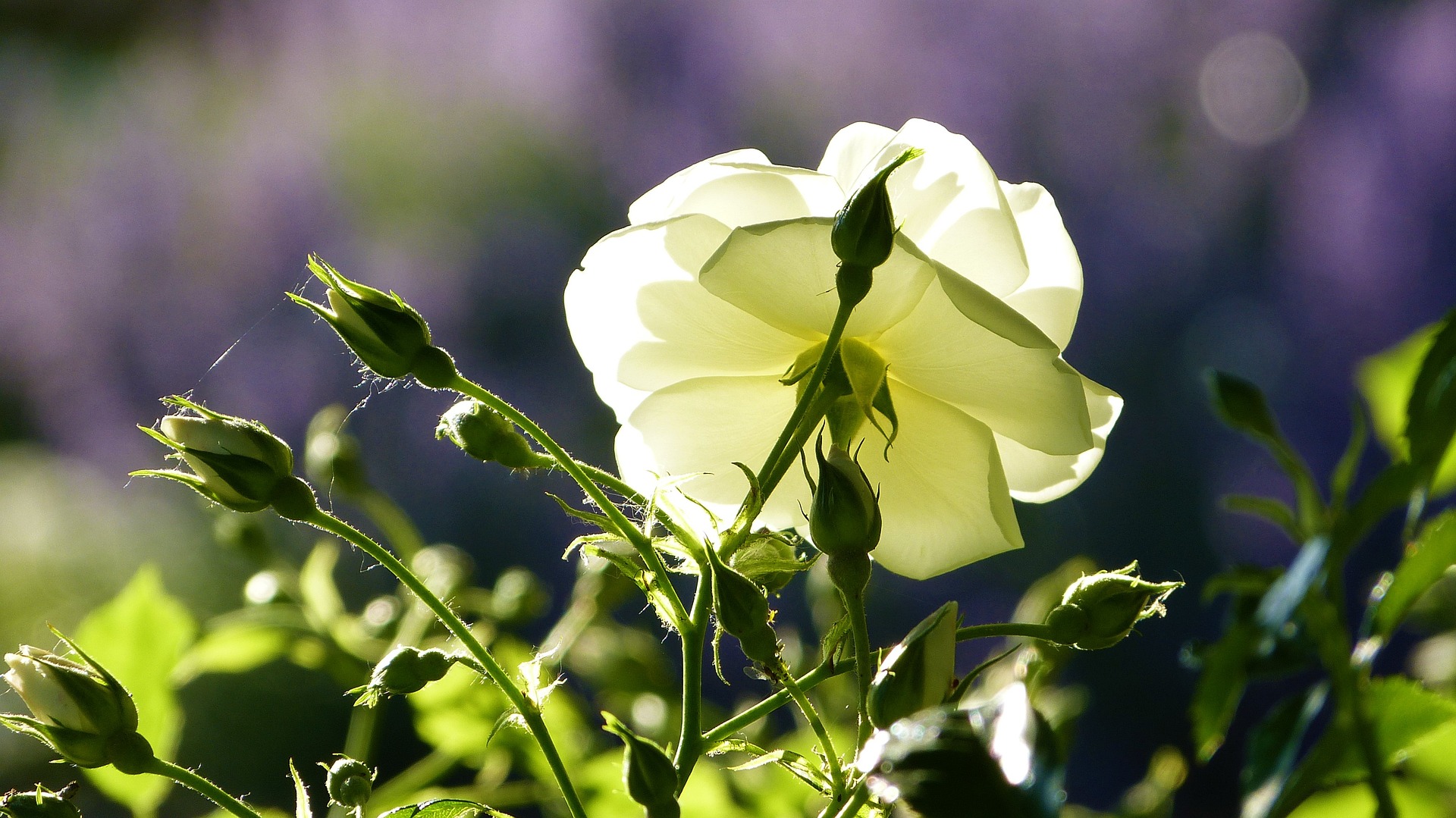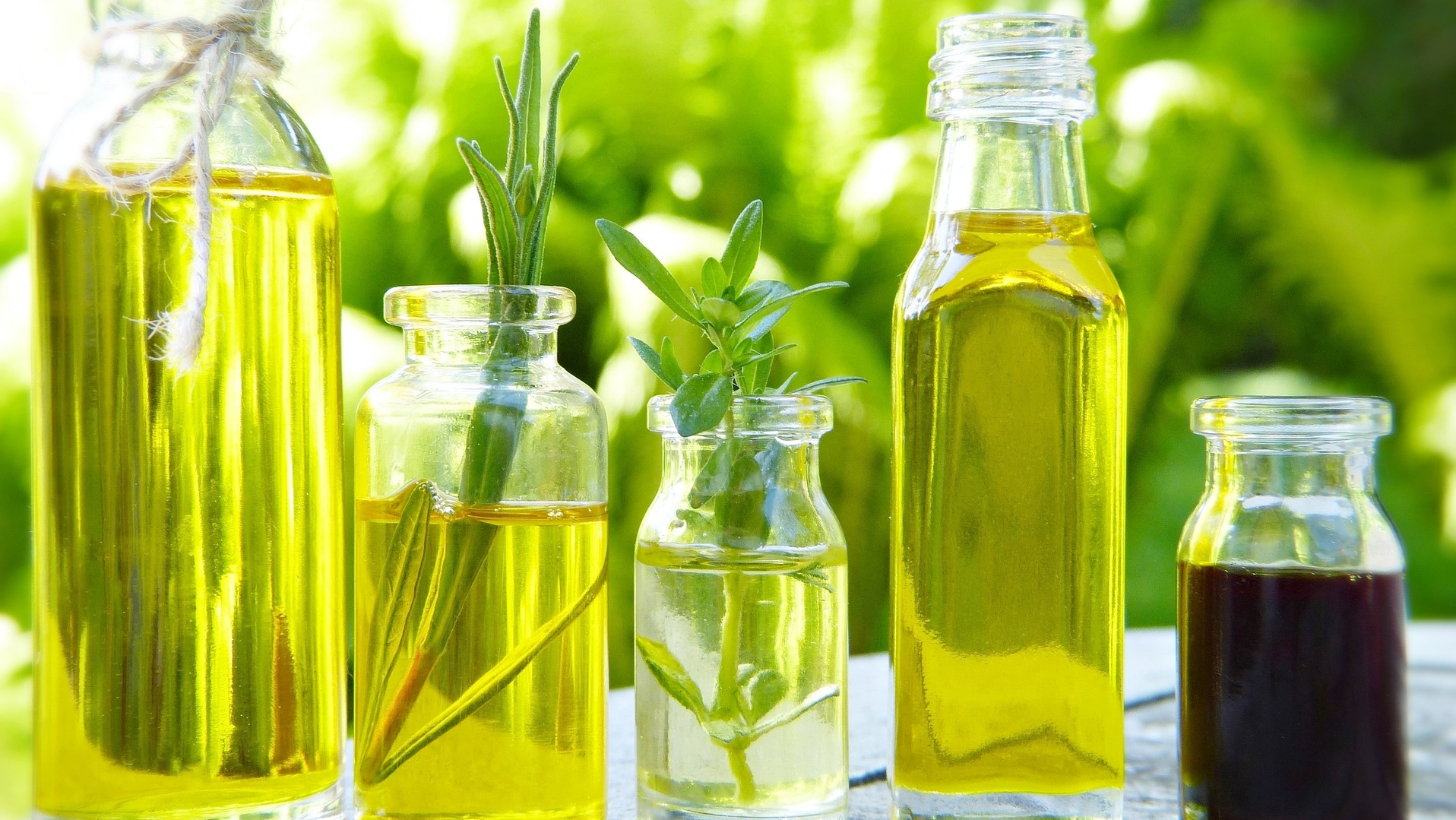The Art of Aromatherapy for Stress Relief
Aromatherapy has a rich history of using natural plant extracts to enhance well-being.
The effectiveness of this holistic healing treatment lies in the interaction between essential oils and the olfactory system. When inhaled, essential oils stimulate the olfactory receptors, triggering a response in the limbic system. This intricate network of brain structures regulates emotions, memories, and behaviors.
Recent research has delved into the physiological effects of specific essential oils commonly used in aromatherapy. Lavender, bergamot, and chamomile have demonstrated a remarkable calming influence on the mind and body. These oils can effectively reduce anxiety and stress, fostering a state of relaxation that positively impacts sleep quality.
The benefits of aromatherapy extend beyond mental well-being. Inhaling essential oils has been shown to produce tangible physiological changes, including reductions in heart rate, blood pressure, and cortisol levels. Cortisol, a stress hormone, plays a pivotal role in anxiety and depression, making aromatherapy a valuable tool for managing stress-related disorders.
Incorporating Aromatherapy Into Your Daily Routine
Aromatherapy can seamlessly integrate into your daily routine to combat stress and elevate your mood. One of the most accessible methods is inhalation therapy. Adding a few drops of essential oil to a cotton ball can carry a refreshing scent throughout the day. Popular choices such as lavender, clary sage, and fir needle can be used individually, blended, diffused, or even mixed with water for a refreshing room spray.
Start with a conservative approach, using only a few drops at a time to avoid overwhelming your senses. If you experience a mild headache, it indicates that you've reached the optimal dosage. This method is particularly effective for altering mood, re-energizing, and inducing relaxation.
Essential Oils That Help Stress and Anxiety
Whether incorporated into massage oils, added to bathwater, or utilized in other therapies (such as reflexology), essential oils can exert their therapeutic effects through the skin.
Essential oils help promote relaxation, improve mood, and enhance overall well-being. Many types of essential oils help you fight the effects of stress. Below is a list of some of the most common stress-related ailments and the essential oils that can help provide some relief.
| Herbs | Anxiety Nervousness | Depression Guilt | Helplessness Weakness | Insomnia Restlessness | Irritability Tension | Tiredness Exhaustion |
| Basil | ✓ | ✓ | ✓ | |||
| Bergamot | ✓ | ✓ | ✓ | |||
| Cedarwood | ✓ | |||||
| Chamomile | ✓ | ✓ | ||||
| Cinnamon | ✓ | ✓ | ✓ | |||
| Clary sage | ✓ | ✓ | ✓ | ✓ | ||
| Cypress | ✓ | |||||
| Frankincense | ✓ | ✓ | ✓ | |||
| Geranium | ✓ | ✓ | ✓ | |||
| Grapefruit | ✓ | ✓ | ||||
| Jasmine | ✓ | ✓ | ✓ | ✓ | ||
| Jonquil | ✓ | ✓ | ||||
| Juniper | ✓ | |||||
| Lavender | ✓ | ✓ | ✓ | ✓ | ✓ | ✓ |
| Lemon | ✓ | ✓ | ||||
| Marjoram | ✓ | |||||
| Melissa | ✓ | |||||
| Neroli | ✓ | ✓ | ✓ | ✓ | ✓ | ✓ |
| Nutmeg | ✓ | ✓ | ||||
| Palma Rosa | ✓ | |||||
| Peppermint | ✓ | |||||
| Rose | ✓ | ✓ | ✓ | |||
| Rosemary | ✓ | ✓ | ✓ | |||
| Sandalwood | ✓ | ✓ | ✓ | ✓ | ||
| Valerian | ✓ | |||||
| Vetiver | ✓ | ✓ | ✓ | ✓ | ||
| Ylang-ylang | ✓ | ✓ | ✓ | ✓ | ✓ |
Essential Oil Recipe Blends to Make at Home for Stress Relief
Aromatherapy is a potent ally in the battle against stress. Essential Oils have psychological and physiological benefits and are a valuable addition to stress management techniques.
Mental Fatigue Recipe for the Bath
- 5 drops of Patchouli
- 5 drops of Lavender
- 10 drops of Bergamot
- 10 drops of Ylang-Ylang
- 20 drops of Geranium
- 5 ounces of Sweet Almond carrier oil
Mix the essential oils, add them to a hot bath, and relax. This blend also makes an excellent massage oil to relieve mental fatigue.
Insomnia Recipe for the Diffuser
- 9 drops of Lavender
- 9 drops of Marjoram
- 14 drops of Lemon
Add the above oils to an aromatherapy diffuser in the room where you will be sleeping.
Safety and Precautions
MOST essential oils require significant dilution to be used topically, as they can cause skin irritation. Lavender Oil and Chamomile Oil are two essential oils that can be applied 'neat' or without dilution; others, such as Cinnamon Oil and Oregano Oil, should not be applied topically, even when diluted in most cases. A small amount should be tested before use in large areas. The typical concentration of essential oils to carrier oil is 5%. This works out to 40 drops of essential oil(s) per ounce of carrier oil.
Rarely some essential oils are ingested or taken internally. This is usually done by adding drops of oil to water or by putting it in capsules. This rare technique should only be used if recommended by a licensed aromatherapy practitioner or health care provider.






